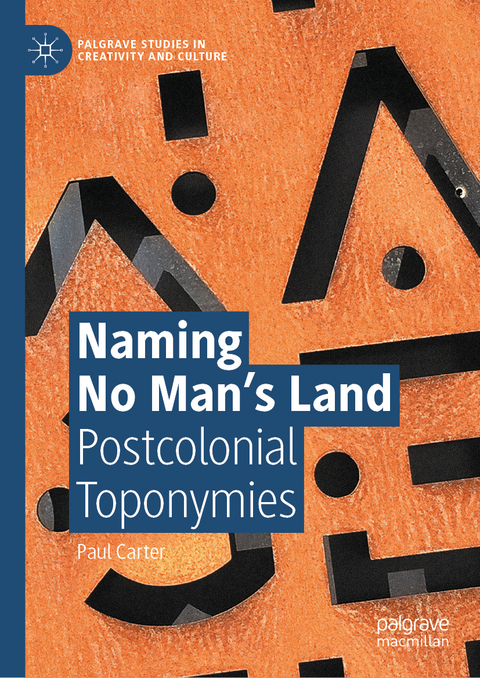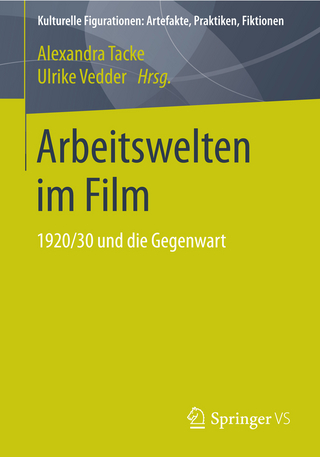
Naming No Man’s Land
Springer International Publishing (Verlag)
978-3-031-60687-8 (ISBN)
This book is a practice-based exploration of the politics and poetics of replacing colonial placenames with Indigenous ones. From a horizon of case-studies in Western Australia, the study develops a lively dialogue with international critical toponymy theory and with older etymological approaches to place renaming and legitimation. The author shows how renaming raises fundamental questions of meaning, reference and cross-cultural equivalence.
Recognising the 'sense of place' values that accrue to placenames, Carter argues that placenames have a creative as well as discursive function: they are talking points that bring places into being. For this reason, to decolonize toponymy involves a postcolonial poetics. Naming No Man's Land argues for a practical, community-shaped toponymic poetics that escapes from the binarist logic of imposition/erasure, showing that, when the principle that 'places are made after their stories' is followed, new creative mechanisms of co-existence can emerge. A must read for anyone engaged in postcolonial studies, creativity studies, cultural geography, sociolinguistics, historical ethnography, eco-criticism, environmental humanities, (Australian) Aboriginal studies, and related disciplines.
Paul Carter is Professor of Design (Urbanism) at RMIT University in Melbourne, Australia, a distinguished public artist and sound designer. The Indigenous place renaming projects discussed in Naming No Man's Land were delivered through the Aboriginal-owned cultural consultancy, Nyungar Birdiyia, of which he is co-director. Well-known for such earlier publications as The Road to Botany Bay (1987, 2010, University of Minnesota Press) and Material Thinking (2004, Melbourne University Press), he recently published Translations, an Autoethnography: Migration, Colonial Australia and the Creative Encounter (2021, Manchester University Press).
Introduction: practising toponymic decolonisation.- Chapter 1 Relating Country: some recent Noongar placenaming projects.- Chapter 2 Proper Names: differences between Aboriginal and colonial toponymy.- Chapter 3 Naming and Renaming Places: politics, poetics and psychology.- Chapter 4 Decolonising No Man's land: writing back against the map.- Chapter 5 Making Place: yarning and the protocols of poetic geography.- Chapter 6 Anticipating arrival: migrancy and creative toponymy.- Conclusion: right ways of meeting, their naming and mapping.
| Erscheinungsdatum | 21.09.2024 |
|---|---|
| Reihe/Serie | Palgrave Studies in Creativity and Culture |
| Zusatzinfo | XIX, 251 p. 4 illus. |
| Verlagsort | Cham |
| Sprache | englisch |
| Maße | 148 x 210 mm |
| Themenwelt | Sozialwissenschaften ► Soziologie |
| Schlagworte | Australian Aboriginal Studies • Creativity • Decolonisation • Ethnolinguistics • Indigenous Placenames • postcolonial studies • Sociolinguistics • Toponymy |
| ISBN-10 | 3-031-60687-6 / 3031606876 |
| ISBN-13 | 978-3-031-60687-8 / 9783031606878 |
| Zustand | Neuware |
| Informationen gemäß Produktsicherheitsverordnung (GPSR) | |
| Haben Sie eine Frage zum Produkt? |
aus dem Bereich


